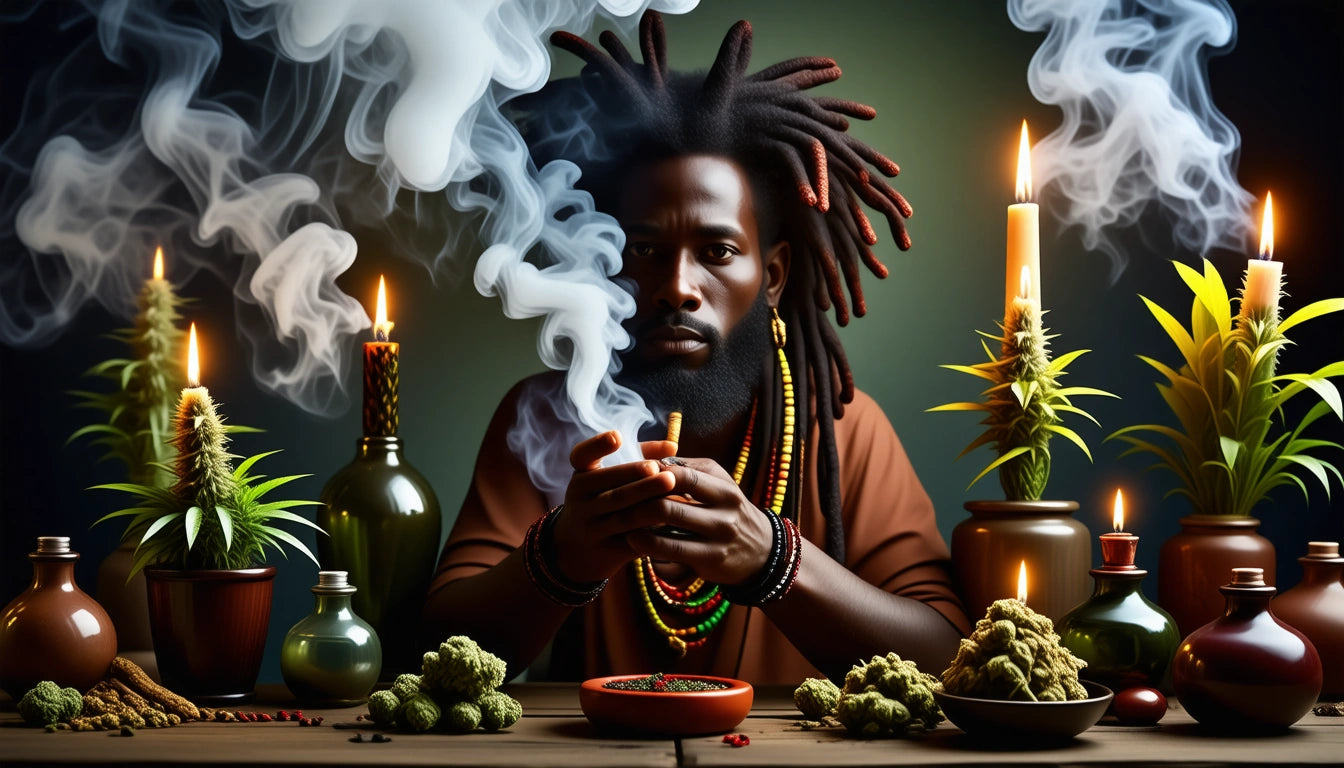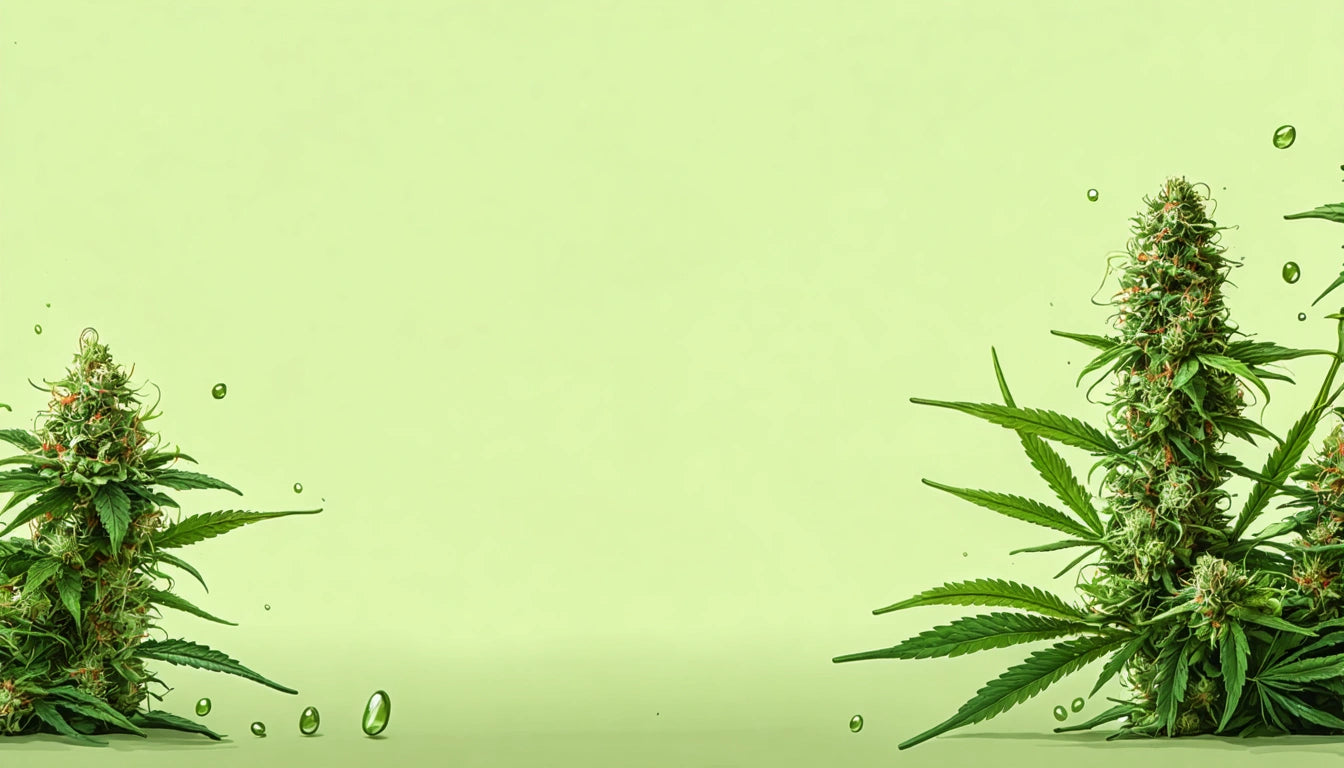Table of Contents
- Rastafarian Cannabis History: Spiritual Roots and Biblical Connections
- Cannabis as Sacrament: The Holy Herb in Rastafarian Tradition
- Rastafarian Smoking Rituals: What Rastas Say Before Smoking
- Modern Rastafarian Cannabis Practices and Global Influence
- Misconceptions and Reality: Understanding the True Spiritual Nature of Ganja in Rastafari
Understanding the Rituals and Beliefs of Rastafarians Around Cannabis
The relationship between Rastafarians and cannabis extends far beyond recreational use, representing a profound spiritual connection that forms a cornerstone of Rastafarian religious practice. Many wonder why Rastas smoke weed and what prayers or words they speak before partaking in what they consider a sacred herb. This exploration delves into the spiritual, historical, and cultural significance of cannabis within Rastafarian traditions.
Rastafarian Cannabis History: Spiritual Roots and Biblical Connections
Rastafarianism emerged in Jamaica during the 1930s, drawing inspiration from Marcus Garvey's teachings and the coronation of Haile Selassie I as Emperor of Ethiopia. Cannabis, referred to as "ganja" or "herb," holds biblical significance for Rastafarians who cite several passages as justification for its use:
- Genesis 1:29: "I have given you every herb bearing seed, which is upon the face of all the earth."
- Psalms 104:14: "He causeth the grass to grow for the cattle, and herb for the service of man."
- Revelation 22:2: References to the "healing of the nations" through leaves.
These biblical references form the foundation for why Rastas smoke weed as a religious practice rather than for recreational purposes. The herb is considered a vehicle for meditation, spiritual growth, and connection with Jah (God).
Cannabis as Sacrament: The Holy Herb in Rastafarian Tradition
Within Rastafarian tradition, cannabis is not merely consumed but treated with reverence as a sacrament. Similar to how wine represents the blood of Christ in Christianity, ganja represents a direct connection to divine wisdom and understanding for Rastafarians. This sacred relationship explains why Rastas smoke weed in ceremonial contexts called "reasonings."
During these gatherings, participants share the herb while discussing spiritual matters, social issues, and philosophical concepts. The smoke itself is considered a form of incense, rising to heaven as a prayer. As our exploration of ganja smoking culture explains, these practices have deep cultural significance beyond the physical act of smoking.
Rastafarian Smoking Rituals: What Rastas Say Before Smoking
What do Rastas say before smoking? This question reveals the deeply ceremonial nature of cannabis use in Rastafarian practice. Before partaking of the herb, Rastafarians typically recite prayers or chants that honor its sacred purpose. Common phrases include:
- "Glory be to the Father and to the maker of creation" - acknowledging God as the creator of all plants
- "Jah Rastafari" - invoking the divine presence
- "Give thanks and praise" - expressing gratitude for the herb's healing properties
The ritual often involves passing the "chalice" (smoking device) clockwise in a circle. Before receiving it, individuals may say "Blessed love" or "Fire pon Babylon" - phrases that reinforce Rastafarian beliefs about purification and resistance against oppressive systems.
The proper handling and respect for the herb extends to how it's stored and prepared. Many Rastafarians use specialized containers that preserve freshness while honoring the plant's sacred status. For those interested in proper storage solutions, our selection of protective container options provides ways to store herbs with respect while maintaining their integrity.
Modern Rastafarian Cannabis Practices and Global Influence
Today's Rastafarian cannabis practices have evolved while maintaining their spiritual core. The movement has spread globally, influencing cannabis culture worldwide through music (particularly reggae), art, and philosophy. Notable figures like Bob Marley introduced many to the spiritual dimensions of why Rastas smoke weed through lyrics that emphasized consciousness expansion rather than mere intoxication.
Modern Rastafarians continue to advocate for cannabis legalization on religious freedom grounds. In some jurisdictions, Rastafarians have won legal exemptions for sacramental use, similar to Native American peyote exemptions or Catholic sacramental wine during Prohibition.
The influence extends to alternative smoking methods and techniques that emphasize mindfulness and intention rather than casual consumption. These practices highlight the distinction between spiritual use and recreational consumption.
Misconceptions and Reality: Understanding the True Spiritual Nature of Ganja in Rastafari
Common misconceptions about why Rastas smoke weed often reduce this practice to simple drug use, missing the profound spiritual dimensions. Unlike recreational users who may seek intoxication, Rastafarians view cannabis as a tool for clarity rather than escape. The herb is believed to break down barriers to understanding, remove mental conditioning, and facilitate a direct experience of truth.
What Rastas say before smoking reflects this intention: prayers that focus on wisdom, understanding, and connection rather than pleasure-seeking. The use occurs within a framework of other spiritual practices including meditation, reasoning sessions, and a natural "ital" diet.
Understanding these distinctions helps contextualize Rastafarian cannabis use within its proper religious framework rather than through the lens of Western drug culture. As our analysis of cannabis cultural references demonstrates, symbols and practices often lose their original meaning when adopted outside their cultural context.
The Rastafarian approach to cannabis offers valuable insights into intentional, mindful consumption that stands in contrast to casual recreational use. Their example suggests that the context, intention, and spiritual framework surrounding cannabis use significantly shapes its impact and meaning.











Leave a comment
All comments are moderated before being published.
This site is protected by hCaptcha and the hCaptcha Privacy Policy and Terms of Service apply.